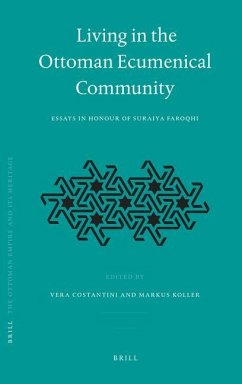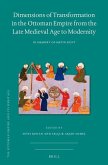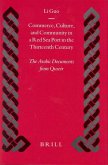This book dedicated to Suraiya Faroqhi shows that the early modern world was not only characterized by its having been split up into states with closed frontiers. Writing history a oefrom the bottoma, by treating the Ottoman Empire and other countries as a oesubjects of historya, reduces the importance of political borders for doing historical research. Each social, economic and religious group had its own world-view and in most of the cases the borders of these communities were not identical with the political frontiers. Regarding the Ottoman Empire and the other early modern states as systems of different ecumenical communities rather than only as political units offers a different approach to a better understanding of the various ways in which their subjects interacted. In this context the term ecumenical community designates social, religious and economic groups building up cross-border communities. Different ecumenical communities overlapped within the boundaries of a state or in a specific area and gave them their distinctive characters. This festschrift for Suraiya Faroqhi aims to describe some of the close contacts between various ecumenical communities within and beyond the Ottoman borders.
Bitte wählen Sie Ihr Anliegen aus.
Rechnungen
Retourenschein anfordern
Bestellstatus
Storno




